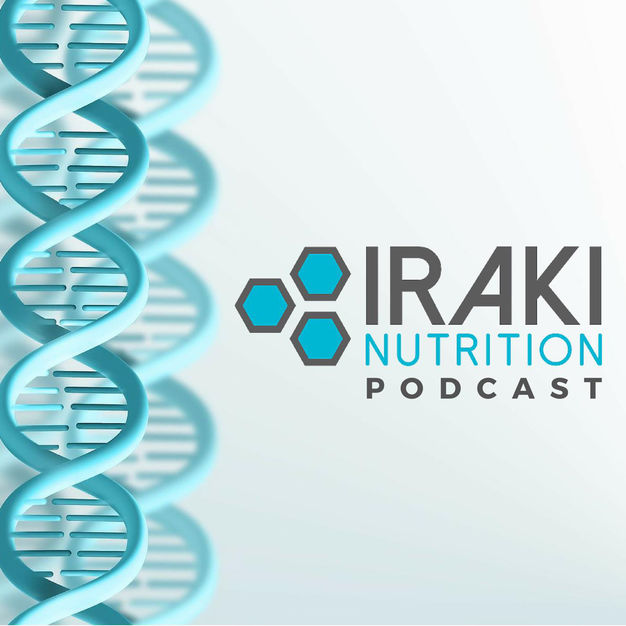Episode 69: Dr. Andy Galpin-Mechanisms of Muscle Hypertrophy
Director of Education: Andy is a tenured Professor in the Center for Sport Performance at CSU Fullerton. He was born and raised in beautiful Rochester, WA and is a die-hard Seahawks, Huskies, & Mariner fan. RIP Sonics. As a youth, Andy played every sport at his disposal, excelling at Football, Basketball, Baseball, and Track & Field. While not playing, he worked at grocery stores, gas stations, hay fields, blueberry farms, and in the road construction business. It was during this time he discovered Strength & Conditioning.
Andy took his limited talents to Linfield College to join their Football team and pursue a degree in Exercise Science. While he experienced great success in both (2004 National Championship and 2x Captain and immediate inductee into the "All Ugly" Team), the true reward of this time was the meeting of lifelong friend (Doug Larson). The two fed each other's pursuit of knowledge of human performance and led them to attend the University of Memphis for the Masters degrees in Human Movement Sciences. A bit of luck and excellent faculty mentoring led Doug and Andy to meet Mike Bledsoe and the man formally known as "Barbell Buddha" Chris Moore - all of which later led to the creation of the #1 Health & Fitness Podcast in the world Barbell Shrugged. It also marked the start of Andy's competitive Weightlifting (culminating in his 7th Place finish in the 2007 National Championships), Mixed Martial Arts, and Brazilian Jiu-Jitsu careers.
Needing to know more about muscle, Andy spent 4 years studying the structure and function of human skeletal muscle at the single cell level, a feat which earned him a PhD in Human Bioenergetics in 2011. This also resulted in the friendship with frequent collaborator Dr. Jimmy Bagley and the ability to open up his own "Biochemistry and Molecular Exercise Physiology Laboratory" at CSU Fullerton.
He now focuses his attention on teaching classes (Sports Nutrition, Exercise Physiology, Designing Exercise Programs, Applied Strength and Conditioning, Athlete Assessment and Measurement, etc.) and running the BMEP lab (which studies the acute responses and chronic adaptations of human skeletal muscle in response to high force/velocity/power and fatiguing exercise from the whole body, down to the individual muscle fiber and even into the individual DNA. The team does this by taking muscle biopsies from non-athletes and elite athletes from different backgrounds (e.g. normal college student, MMA fighter, Boxer, Weightlifter, etc.) and use highly sophisticated laboratory techniques and equipment to address questions about single fiber "type", size, function, protein quantity, diameter, mitochondria, and myonuclear function. You can get all of our published research here.
At heart, Andy is simply a story-teller and teacher.
Follow Andy on Social Media:
Instagram: https://www.instagram.com/drandygalpin/
Youtube: https://www.youtube.com/channel/UCe3R2e3zYxWwIhMKV36Qhkw
Facebook: https://www.facebook.com/867284807783
Twitter: https://twitter.com/DrAndyGalpin
In this podcast, Andy and I discuss Mechanims for Muscle Hypertrophy. Some of the things we discuss are:
(05:30): What are the different mechanisms of muscle hypertrophy?
(08:30): What role does metabolic stress have for muscle hypertrophy?
(13:30): Does muscle damage cause muscle hypertrophy?
(27:30): Can you change your muscle fiber types based on how you train?
(41:00): What is the take home message?
31 January 2019, 9:27 pm
